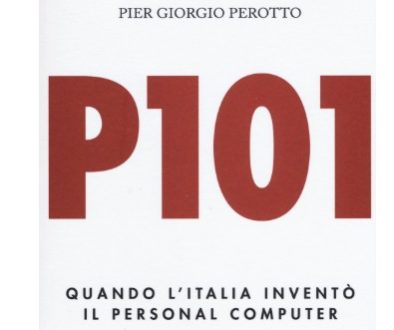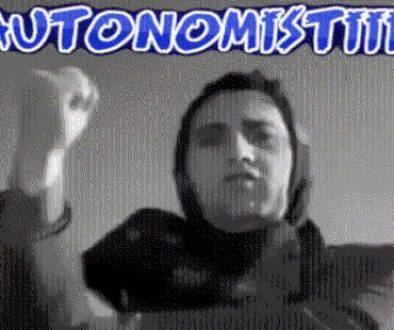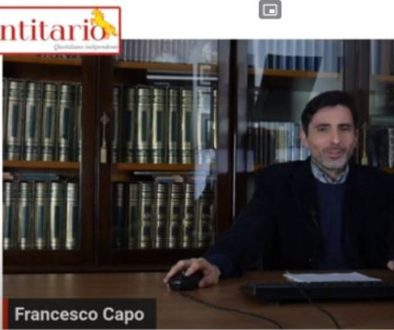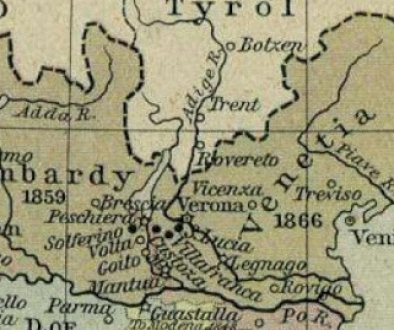1866: A BOOK THAT WILL’ DISCUSS POLITICAL AND HISTORICAL
To give proof of this its definition, It is now to get out, Mei, a book that will bring truth about the “Union” of Veneto to Italy (I wrote Veneto in lowercase because, as I explain below, It is to be understood as an adjective).

Borsetto, however, seriously shot the state archives trying to shed light on those same plebiscites with which the Venetians joined Italy in the 1866, That is, the plebiscite with which they claimed to undergo the "Constitutional monarchical government of King Vittorio Emanuele II and his successors", ie the Savoy.
The plebiscite concerned the "Lombardy-Veneto kingdom", ie Venice, The Venetian provinces and the city of Mantua. But unlike what we usually think, By "Provinces Venetian" we meant that of the Venetian Republic, and not what of the current Italy are called Venetian. In fact they were Venetian, In addition to the current Veneto, Also the provinces of Bergamo, Brescia, Cream, Pordenone and Udine, All united in Venice for several centuries, As Padua and other. In forget that they forget many stories of heroism, as when the Venetians transported the ships upon the mountains of Veronese, To put them in Garda and thus save Brescia that for months he had been under siege. Or you miss when 500 Thienesi left and went to defend the brothers of Rovereto, at war with Trento, instead Veneta was never.
Defined the geographical scope of the Venetian provinces of that time and for many social and linguistic traits of today too, in that plebiscite 1866 We had to have the consent to the annexation “Population freely accessed”, because it was a requirement of international treaties.
In fact, there were a series of "ownership passages" of the Lombardy-Veneto area that had to take place, and the sale was not, as many believe, from Hapsburg monarchy to that of Savoie.
But the assignment first was among the asburgic monarchy that put the territory back to its legitimate owner, that is, the emperor of the French, whose Avo Napoleon had demolished the Venetian Republic with the troops and sacked by the "Provisional government" (the Louvre in Paris and still full of looted goods).
The then emperor of the French, Napoleon anchesso, then the remitted, by means of a plenipotentiary representative, at the Venice Government as capital of the Lombard-Venetian Kingdom.
subsequently, a plebiscite had to sanction the union, free and voluntary, of the people interested in the monarchy of Savoy. So the "Venetian question" would end, which was a thorn of the side of Europe since the Restoration had restored all French pre-revolution states, but leaving the land of S.Marco without government and at the mercy of neighboring governments.
Borsetto has told us in preview some elements that in his book we will find well documented and that tell us that this union was then not much free and more the result of a having to close the Venetian question in the precarious balance that still resulted in further 2 European in subsequent wars 70 years.
Many elements Borsetto revives moments of here, and it agrees to dwell on some elements that undermine the historical value of these plebiscites, agreeing with Montanelli.
In those plebiscites, for example, voters were not listed by electoral rolls , and consequently anyone who had the opportunity to vote more and several times in different seats, even when it was not even the common voter. In short, a little’ How the most recent plebiscites took place for the "Padania". But even worse than these, those of 1866 were made so that voters who entered the polling station, no matter whether eligible or not, they then had to tell the president if they wanted to vote for the yes or no, so for the yes it was delivered to the voter a white card, for no one black.
In short, there was no secrecy , In an atmosphere of intimidation where the armed guards of the Savoy had already been shot for days, and there were arrests were, with no soft rules of the time, and even among those arrested priests, faithful to the spirit and mission of the Venetian church that evil saw the new power as very pro-Jacobin.
Finally, but only as a foretaste of the book, You laugh when he learns that each seat had voting cards in any number, And there is no counting of the cards or before after the votes, So removing a few boxes to put yes or vice versa was not a problem, lots of cards there were in abundance and not numbered.
In fact, it is not possible to even give a percentage of the voters, nor of the abstentions, nor are you entitled. Only the yes and no collected like this, as the street from everyone who passed. They are the ones that today are written on plaques affixed in the central squares of the Venetian capitals.
In short, a legally irremediable and historically more stormy mess.
Definitely a book that will make people discuss, And maybe someone will also come to mind to look with a little eyes’ the present is more detached, With less ideology and more attention to the true things and the rights of the local communities that were already trampled too much.
Loris Palmerini – Padova





